Climate Adaptation
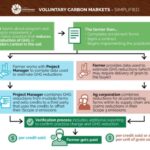
An Overview of Voluntary Carbon Markets for Illinois Farmers
ISAP compiled “An Overview of Voluntary Carbon Markets for Illinois Farmers” to assist farmers and farm advisors in their evaluation of multiple market opportunities available in Illinois. This update includes additional carbon market opportunities available to Illinois farmers, summaries of 15 different voluntary carbon markets, a glossary of key terms, and a list of relevant resources.
Download Documents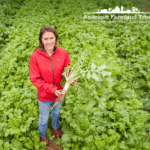
Guide to Water Quality, Climate, Social and Economic Outcomes Estimation Tools
The guide features multiple approaches, methods, and tools available to quantify environmental, social, and economic outcomes associated with farm conservation practices. All of the tools can be used by farm conservation project managers without the need for complex computer modeling.
Download Documents
Carbon Reduction Potential Evaluation (CaRPE) Tool
American Farmland Trust expanded the utility of COMET-Planner by integrating cropland and grazing land acreages and data from the 2017 Census of Agriculture.
View Website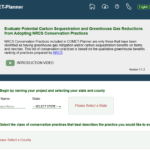
COMET-Planner
This online tool provides general estimates of the GHG impacts of certain NRCS conservation practices. Estimates can be supplied in tonnes of CO2e reduction potential per acre per year.
View Website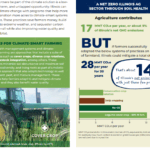
Illinois Farmers and Farmland and Part of the Climate Solution
This 2-page document recaps findings from a report titled “Potential for Conservation Practices to Reduce Greenhouse Gas Emissions and Sequester Carbon on Croplands and Grazing Lands in Illinois” that provides an overview of county-level GHG emission estimates for croplands and grazing lands in Illinois and highlights the significant potential for Illinois cropland to reduce GHG emissions and sequester carbon. The full report and information for additional states are available from the Farmland Information Center.
Download Documents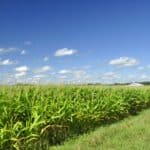
Combating Climate Change on US Cropland
This report, produced by American Farmland Trust, highlights potential for US cropland to sequester carbon and reduce GHG emission through the adoption of cover cropping and no-till. Values are based on analysis conducted in CaRPE.
Download Documents